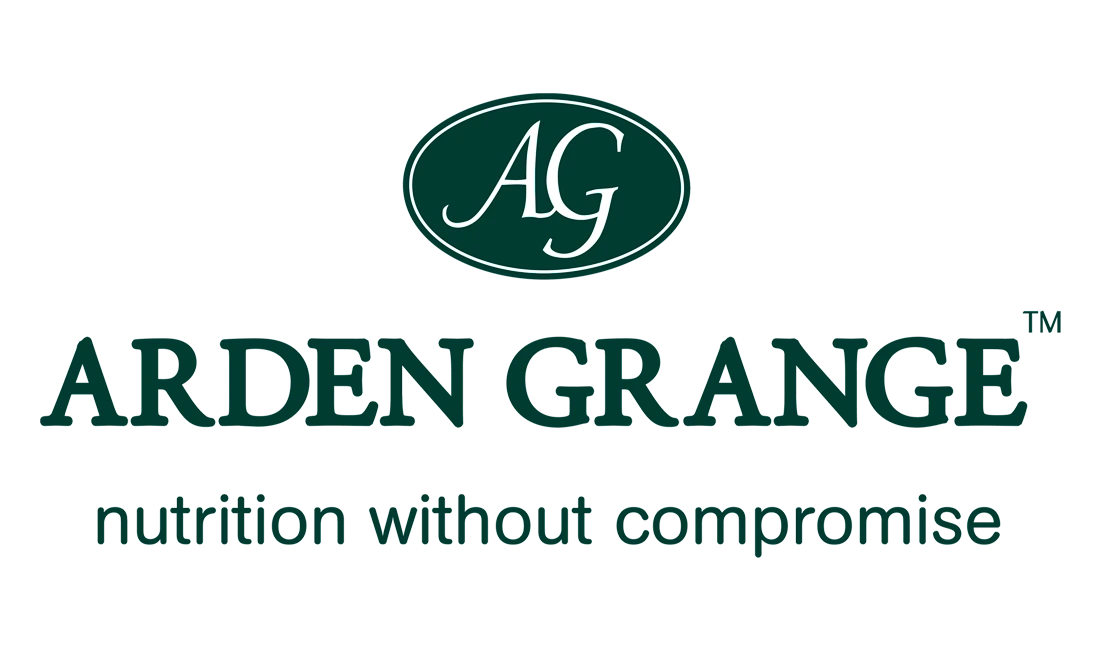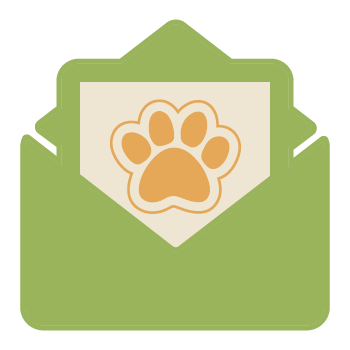Constipation
Constipation is defined as the passing of very dry, overly firm and sometimes crumbly stools which an animal will usually strain to pass. This differs from obstipation which is an inability to pass stools altogether, and tenesmus which is the attempt to pass stools following an episode of diarrhoea when the bowel is empty.
Some potential causes of constipation may include:
- Obstruction or partial obstruction caused by a foreign object such as a stone, part of a toy, a bone or indigestible chew or hairballs.
- Obstruction or partial obstruction caused by a medical condition such as a tumour or polyp. Sometimes the problem may be further down; for example rectal abscesses, anal tumours or an enlarged prostate.
- Endocrine (hormonal) problems such as hypothyroidism.
- Internal parasite infestation such as roundworm. You would normally associate worms with diarrhoea, but a heavy burden can actually block the intestine.
- Neurological conditions such as spinal cord disease, nerve damage or trauma. A condition called megacolon can also be responsible and the smooth muscle that would normally contract to propel the faeces towards the rectum loses the ability to do so. This is suspected to be caused by a failure to transfer the electrical impulses from the nerves to the smooth muscle. Megacolon is primarily a feline problem, but it can affect dogs too.
- Certain drugs such as diuretics, antacids, opioids and antihistamines.
- Too much or too little fibre. Some cats and dogs require more or less fibre than others, and for this reason certain diets may prove ideal for one, but not for another. Too much or too little fibre can result in either diarrhoea or constipation, depending on the individual. All of our recipes are formulated for cats and dogs with “normal” requirements for fibre, and so we would advise adding a commercial fibre supplement to your pets’ diet if your vet suggests your pet has a higher requirement than normal. For dogs with a slightly higher need for fibre, Arden Grange Sensitive Light/Senior
could be suitable, which is our highest fibre kibble with 4%.
- Insufficient fluid intake. Constipation happens when too much moisture is absorbed from the food, and increasing fluid intake is known to be helpful in pets who are constipated. You can increase your cat or dog’s fluid intake by soaking their dry food for about half an hour prior to serving, and using canned food (such as the Arden Grange Partners for dogs). A cat or dog water fountain drinker can also be a useful investment, and many pet owners have found them to be a very effective means of encouraging an animal to drink more. Providing some extra water bowls can be helpful too as some dogs and cats won’t actively seek out a water supply unless they are particularly thirsty, but they may well take a drink if they’re passing a bowl.
Cats and dogs leading a sedentary lifestyle may be more at risk from constipation, so do ensure your pet is taking sufficient exercise. Cats in particular may suffer from stress-induced constipation.
As previously advised, we do recommend you seek advice from your vet in the event of a constipated pet. In the interim, soaking dry food, changing to wet food and/or adding a little oil from some tinned fish (or a dose of a commercial fish oil supplement such as Lintbell’s Salmopet) well mixed in with the food may be beneficial.


 Puppy
Puppy
 Adult
Adult
 Senior
Senior
 Sensitive
Sensitive
 Treats
Treats Kitten
Kitten
 Adult
Adult
 Senior
Senior
 Trusted British Brand
Trusted British Brand

